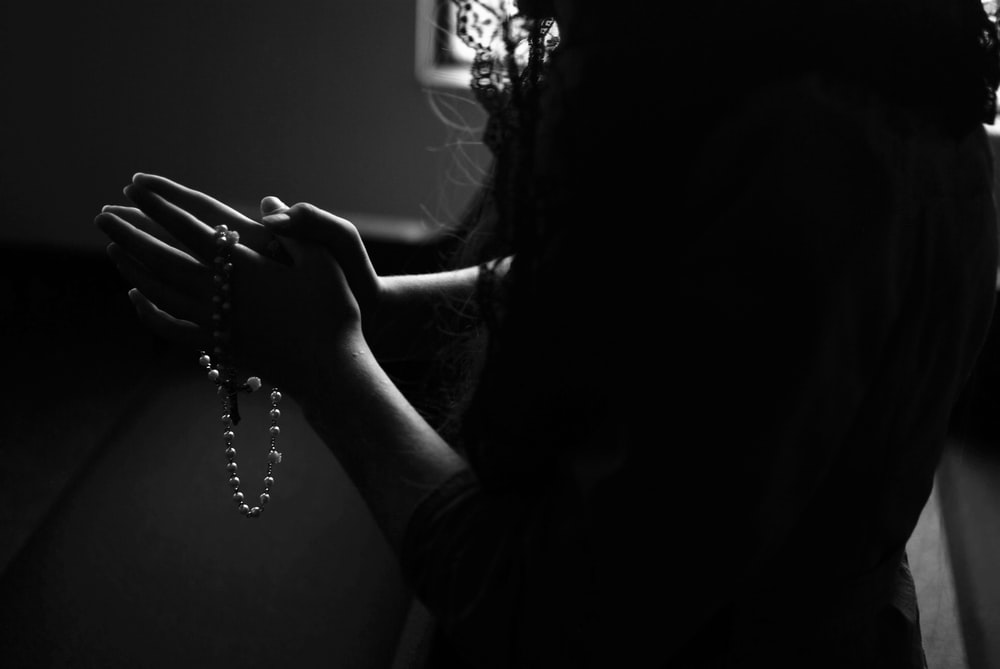
Of course, there was pushback—opium of the people, God is dead; but religions are still growing at a breakneck pace. In fact, today, the world is more alt-right than it ever was. That doesn’t mean that people are growing more religious. It means that people are desperately looking for some explanation, some salvation, some respite.
But are they getting it? Religions were revered centuries ago. There are scarcely any new religions around. And yet, their lack of adaptation is hurting them. And the 19th century is mostly to blame.
The 19th Century’s Attack on Religion
In the 19th Century, we had three big names emerge out of two countries in the West. These were Karl Marx and Friedrich Nietzsche from Germany (and Prussia, which was under German occupation back then), and Sigmund Freud from Austria. These thinkers might not look connected at all: one was bald, one had a massive beard, and one a massive mustache.
Jokes aside, these men gave birth to three distinct philosophies: Freud to Psychoanalysis, Marx to Communism, and Nietzsche to a growing sense of despair.
Psychoanalysis brought all sacred bonding (especially those between parents and children) to a rocky halt. After all, once we began seeing how everything was sexual and how much capacity for grossness humans possessed, our perception of a clean, pure virginity was broken. We felt sell-defilement. Chastity was dead.
Communism made sheeple realize their sheeple status, and also promulgated the idea of equality—something that religions promise, but have never been able to deliver.
Existentialism and Post-Modernism, as disseminated by Nietzsche, further pressed the question for meaning and purpose. Worryingly, the concept of the ubermensch—or Superman—brought humans to the forefront of every political and social thought. Human priorities—not godly ones—were the dawn of a new day.

Why Religions Fail—but Spirituality Doesn’t
To be fair to the 19th century, the fall of religions had started quite some time back in the 14th century—with the advent of the Renaissance in Europe. As soon as humanism and Hellenism replaced divinity and holiness, there was a noticeable shift toward human ideals, importance, and intelligence.
Emphasis on Surface Rituals, Not Inner Goodness
Additionally, religions, with their over emphasis on symbols and surface, languished. Holy wars, crusades, witch hunts, all have damaged the façade of organized religion. The bloody breaking of the Church in Henry VIII’s time, the burning of dissenters at the stake, and all the holy wars that followed were bad enough. Coupled with corruption in their centers—something all religions have suffered from—they failed to keep people satisfied for long.
Why People Prefer Spirituality
However, people still prefer spirituality. They just do not like the animosity, pointless hatred and fear, and violent notions most religions purport. The coffin in the nail for religions was their infelicity and their inability to defend themselves against the attacks of the 19th century. Divine wisdom, on the other hand, needs no organized crutches to stay upright.
People move toward religions because they like the idea of goodness. But once it’s muddled, they find themselves receding. Spirituality, such as purported by the Creator, offers no muddled grounds. The goodness of humankind must not—and does not—leech off the vulnerability or the ostracization of others.
Find More Answers
If you have more questions regarding spirituality, divinity, healing, light, religions, or more, start hunting in Get Wisdom’s divine database. Additionally, you can also join our forum to engage in stimulating conversation with like-minded individuals.
